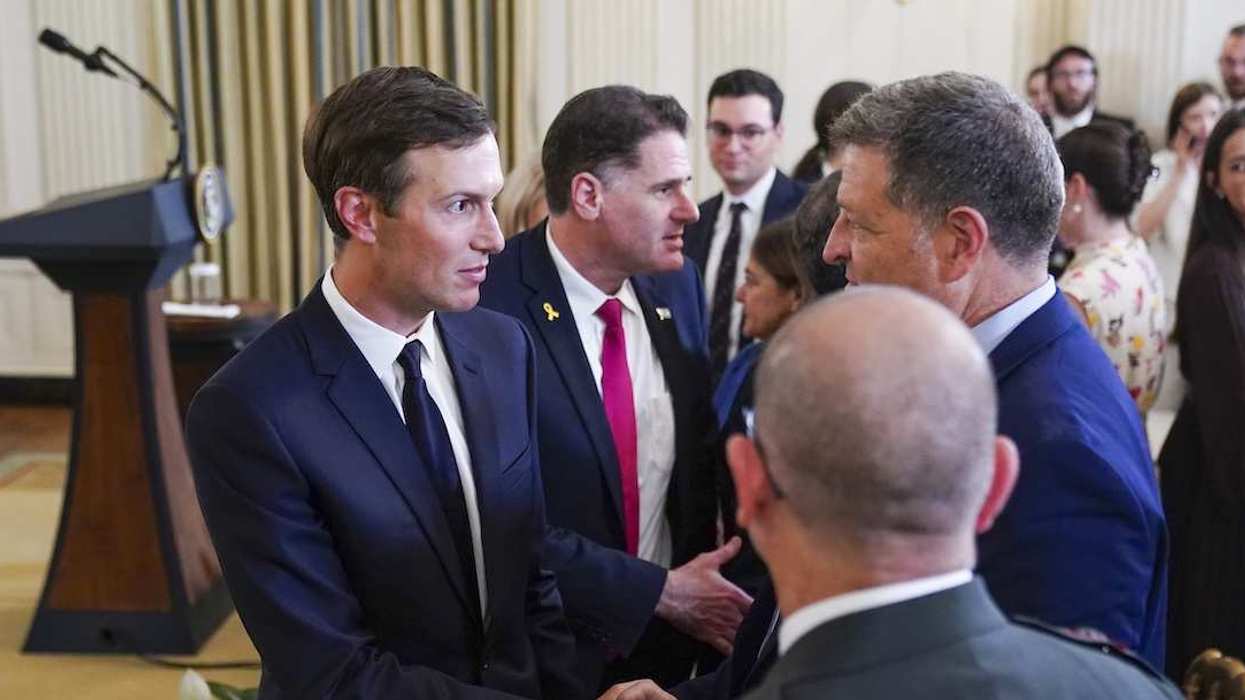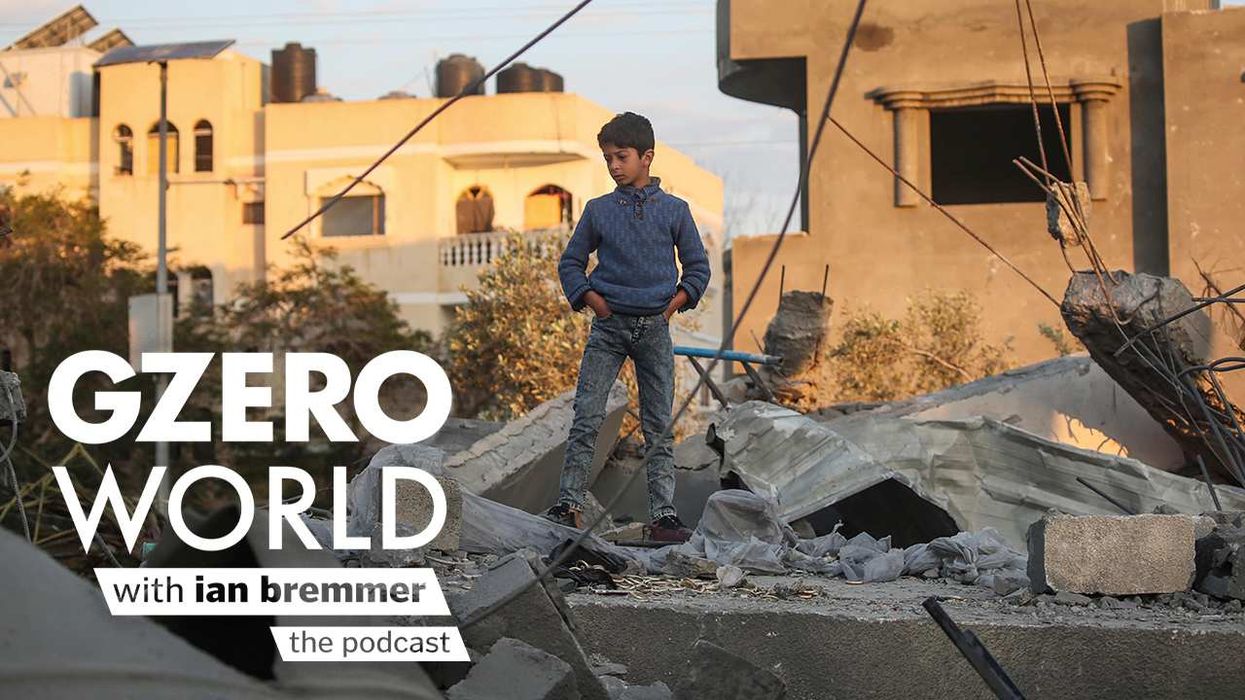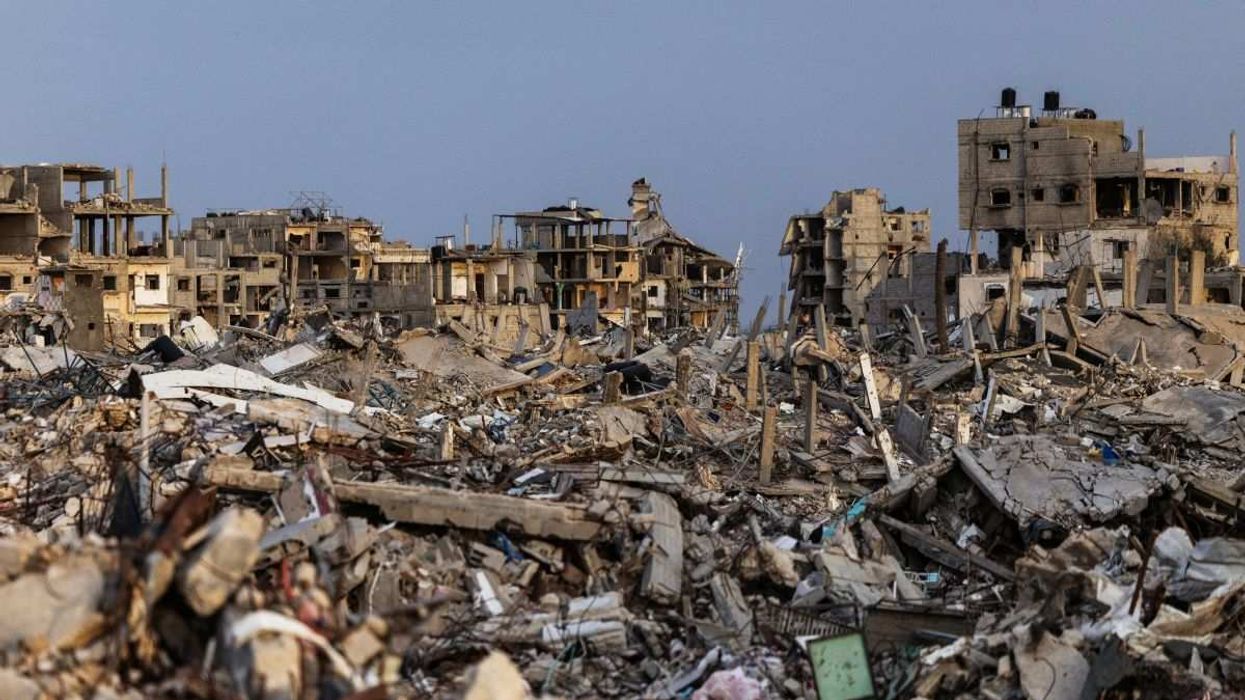What We're Watching
What We’re Watching: Israel expands West Bank control, Orbán’s opponent publishes manifesto, Ethiopia trains Sudan’s rebel soldiers
The Israeli government unilaterally passed measures that allow Jewish settlers to purchase land in the West Bank, overriding past laws that effectively banned the sale of property there to anyone other than Palestinian residents.
Feb 10, 2026










